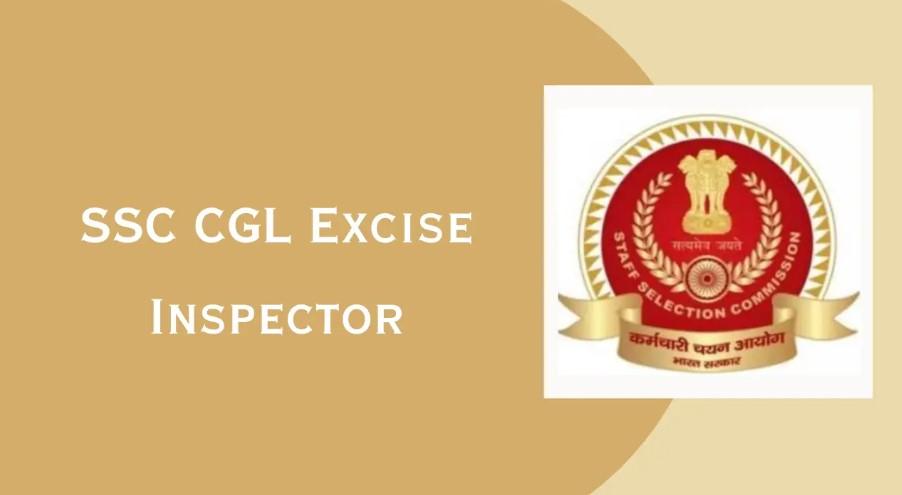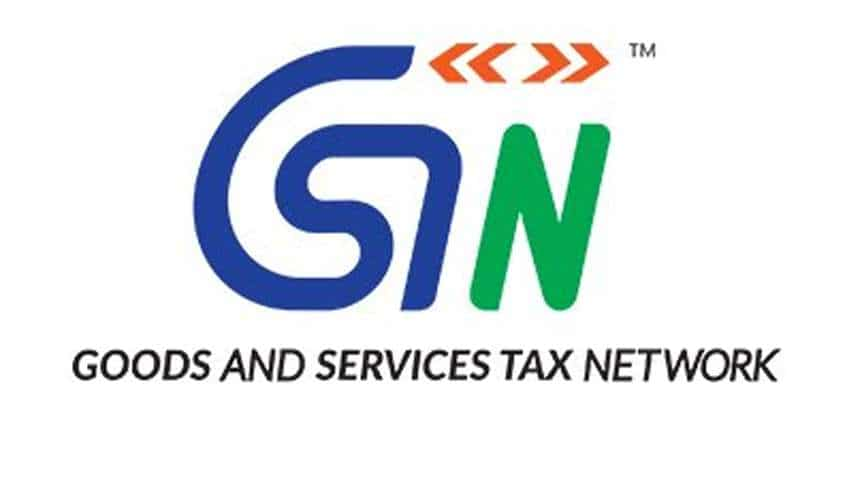Where the Activity of charging qualifies as sale of Electricity, the same would be Exempted from GST. On the other hand, if it qualifies as a Service, 18% GST would Apply. In view of this, the correct classification becomes the vital activity.
The Ministry of Power clarified that there is no sale of electricity in the activity of EV charging at charging station as the electricity is consumed within the premises owned by the charging station. The same would qualify as service of charging the battery
There is no gap between the sale and consumption in the case of electricity i.e. both takes place simultaneously. If both the activities are taking place simultaneously then would it be right to treat the impugned transaction as service merely on the ground that the consumption takes place within the premises of charging station.
If one takes the example of the electricity supplied at our homes then in such case also the consumption takes place immediately once we switch on the power button and plug in any device. In this case, the Activity is treated as Supply of Goods by DISCOMS9. The mere difference between these two cases is that we use the electricity for various purposes at home but in the impugned case the electricity is used especially for the one purpose i.e. Charging the EV. But in both cases the fact remains same that there is a supply of electricity.
The clarification of Ministry of Power that if instead of charging the EV within the charging station premises, the connection was provided to the distribution system or otherwise for receiving electricity then Requirement of license under Electricity Act would arise, seems fine considering the intent and objective of the Electricity Act.
One may also take note to the fact that a charging station apart from providing the electrical energy provides few ancillary services such as parking facility, remote reservation, provision of information on whether terminals are occupied, etc. In this case, the supply of electric energy to the battery is the main element of the transaction carried out by the charging station. The set of additional services supplied have the sole purpose of facilitating the access for electric vehicle to the charging point in order to have their battery recharged. Thus these set of services along with the supply of electricity would qualify as composite supply under GST. The treatment adopted for the supply of electricity would also be applicable to the said set of ancillary services.


















